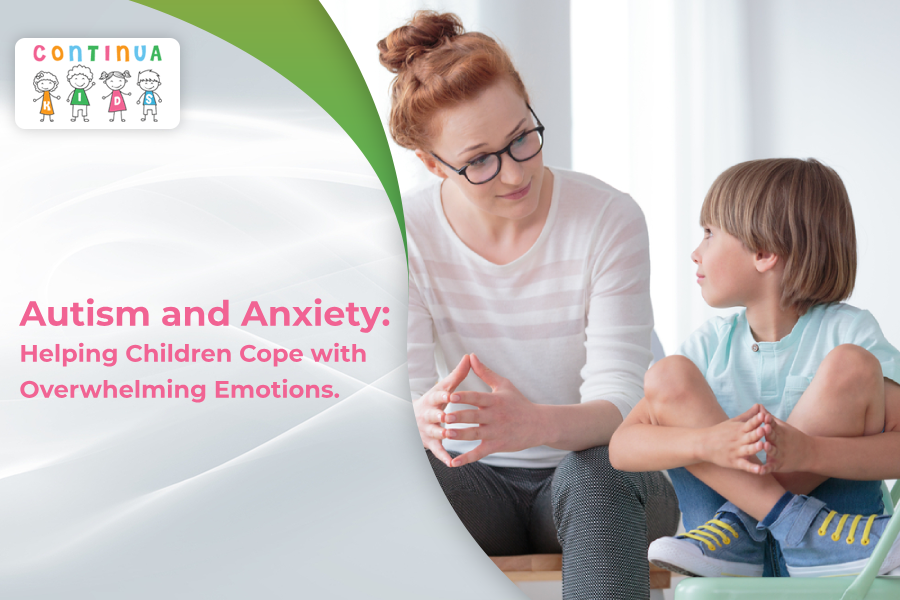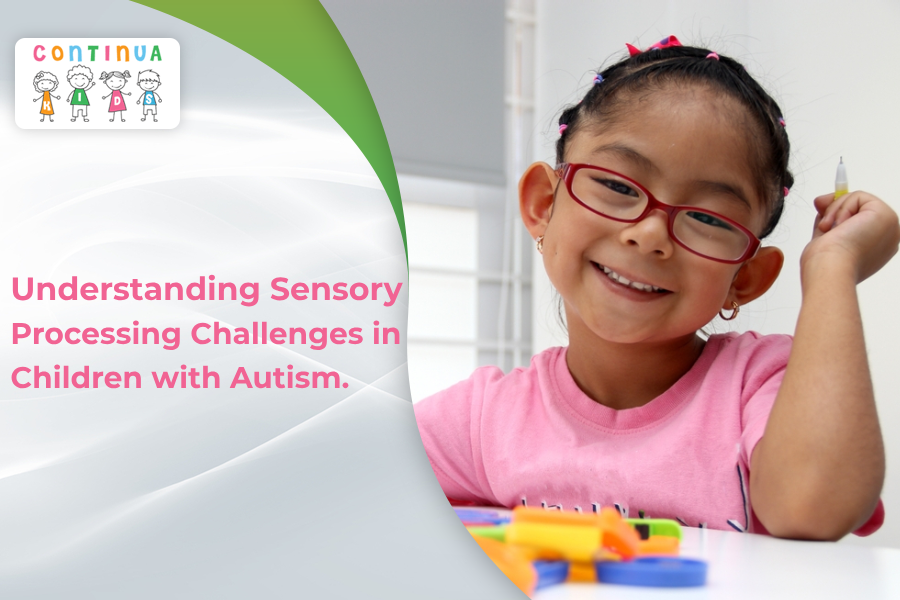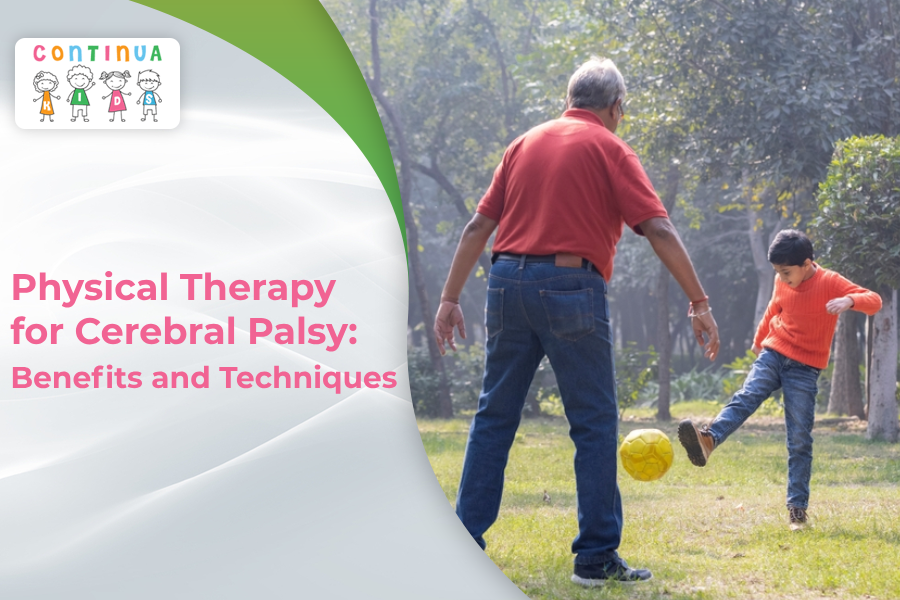Additionally, SPCD is distinguished from several neurodevelopmental conditions, such as autism spectrum disorder, that may similarly impair communication abilities (ASD).
A primary deficit in verbal and nonverbal social communication is referred to as SPCD. These challenges could include:
- Inappropriate communication in social situations.
- Having trouble socializing through language.
- Having difficulties in understanding and using verbal and non-verbal cues.
- A lack of comprehension of nonliteral languages, like metaphors or idioms.
What Are The Symptoms?
Individuals may have different types and levels of SPCD symptoms. Listed below are just a few warning signs:
- difficulties with changing communication skills to several social circumstances, including greetings and conversation starters.
- difficulty to switch between formal and casual modes.
- difficulties with taking turns during conversations.
- difficulty with making eye contact and employing hand gestures during social interactions.
- trouble comprehending nonliteral language used in conversation, such as metaphors, idioms, inferences, and sarcasm.
Even if you experience one or more of these signs, SPCD is not a certainty. The DSM-5 states that to be diagnosed with this disorder, the symptoms must significantly interfere with interpersonal relationships, and one\’s ability to socialize, work, or school.
How Is It Different From Autism?
According to the DSM-5, SPCD and ASD are two different conditions. Some of the symptoms of SPCD, particularly the condition formerly known as Asperger\’s, may appear to be similar to those of ASD. According to a 2017 study, SPCD and ASD may not seem all that different from one another but instead share some characteristics. However, the DSM-5 has placed SPCD in its own category as those that are not caused by any other underlying developmental disorder or medical condition.
Communication difficulties that may be noted in ASD include:
- Displaying “lack of attention” in social interactions.
- Difficulty engaging with back and forth conversations.
- Talking with others without giving them a chance to respond.
How Is It Treated?
A speech-language pathologist\’s (SLP\’s) speech therapy is the primary aspect of SCPD treatment. Children in schools who meet the requirements can receive SLP services, and you can also get speech therapy in private offices.
While private, one-on-one counseling is crucial, group therapy can also develop social pragmatic abilities. In school settings, group therapy is frequently utilized. Additionally, some private practices could provide group social skills training.
Professionals, such as SLPs, must screen and evaluate you before you may start SPCD treatment. These evaluations may be given in academic settings, professional settings, or both. They will combine the following:
- interviews
- questionnaires
- self-assessments
- hearing exams,
- reports from teachers and primary caregivers
Where To Seek Help?
At Continua Kids, you can obtain the best autism treatment in Ghaziabad. Our doctors are skilled and trained to recognize and distinguish the signs of SPCD from ASD. We support specially-abled children to live the life that they deserve. We are a research-directed, holistic center, and aim to impart early intervention programs concerning your child’s overall well-being. By providing guidance and support in your parenting experience, we strive to help your child reach their full potential in all aspects of life.
Call us and book an appointment now!




